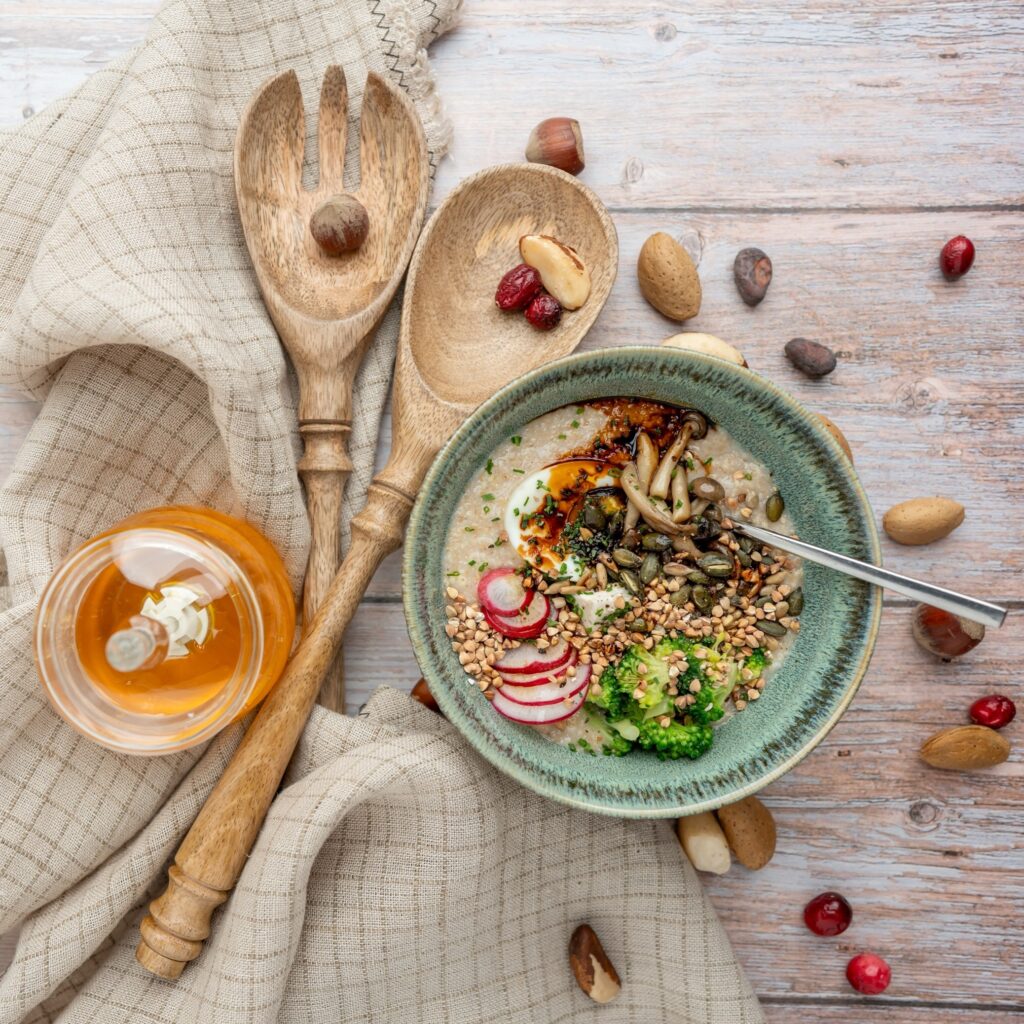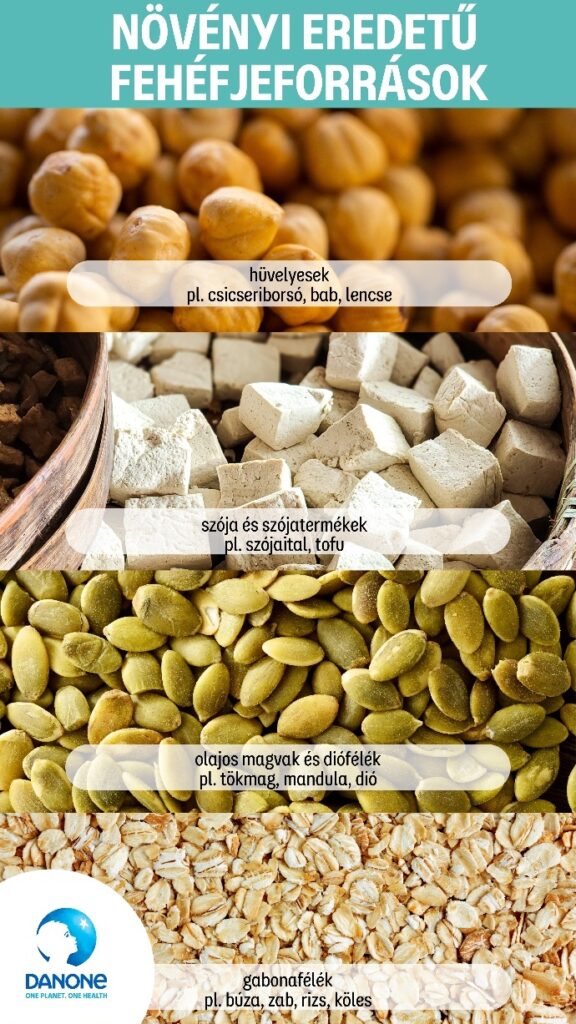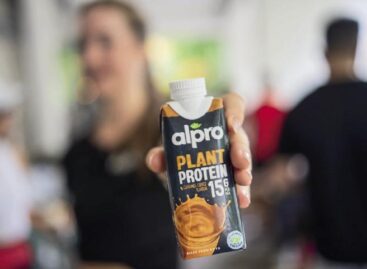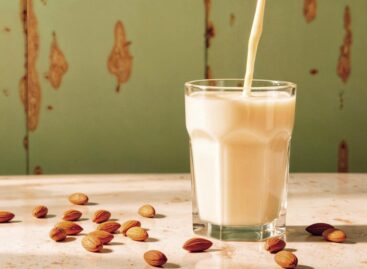Complete protein – what does it really mean?
If there is a nutrient that is worth taking seriously in every situation in life, it is protein: it is essential for the construction of cells, muscles, hormones and enzymes, for the proper functioning of the immune system and regeneration, yet countless questions surround it, and according to a recent study, it is also one of the most common topics in dietary studies.* Is there a difference between animal and plant-based protein sources? What is considered complete protein and how do we get them into our bodies? We have summarized the most important information below.
What makes protein “complete”?
 From our biology studies, we may remember that proteins are so-called. are made up of amino acids. A protein is considered complete if it contains all nine essential amino acids, in the ideal ratio for the body. These are the building blocks that our body cannot produce, so they must be taken in through food. In this case, the body can immediately use them for muscle building, regeneration and hormonal balance.
From our biology studies, we may remember that proteins are so-called. are made up of amino acids. A protein is considered complete if it contains all nine essential amino acids, in the ideal ratio for the body. These are the building blocks that our body cannot produce, so they must be taken in through food. In this case, the body can immediately use them for muscle building, regeneration and hormonal balance.
If a protein source contains less of an amino acid, it cannot be considered complete – but with a smart combination they can also complement each other.
Plant proteins – complete with a conscious combination
Despite the fact that animal-based foods, e.g. The protein content of meat, eggs or dairy products is complete, and plant-based ingredients are also valuable from this point of view. The trick lies in the pairing: for example, beans and rice, or lentil cream and wholemeal bread, together provide complete protein. A varied, colorful plant-based diet is therefore not only delicious, but in most cases also provides enough protein for our body.
Not only important for athletes
Protein is not only needed by those whose lives are centered on physical activity. Our muscles, our hormone balance, our immune system and our cells all require it. For most people, a balanced, varied diet is enough to cover the daily requirement – with a combination of meat, fish, dairy products, legumes, grains and oilseeds.
Balance and awareness – the key to healthy protein intake
Whether we prefer plant or animal proteins, the key is variety and proportion. If we consciously put together our diet, the body will get all the necessary amino acids – so protein truly remains one of the most important building blocks of life.
How much protein is in what?
A 70 kg, moderately active adult should consume approximately 85–100 g of protein per day.
Protein content of animal sources: chicken and turkey breast (30 g/100 g), fish (20–25 g/100 g), eggs (6–7 g/pc), low-fat dairy products, cottage cheese and cheese (10–25 g/100 g). These are complete proteins, meaning they contain all nine essential amino acids in the right proportion and quantity.
Protein content of plant sources: lentils (9 g/100 g cooked), chickpeas and beans (8–9 g/100 g cooked), soybeans and tofu (8–12 g/100 g), quinoa (4–5 g cooked), nuts and seeds (20–30 g/100 g).

* 320 dietitians completed the joint online survey of Danone Hungary and the National Association of Hungarian Dietitians.
Related news
High-protein products are taking over
🎧 Hallgasd a cikket: Lejátszás Szünet Folytatás Leállítás Nyelv: Auto…
Read more >Every second German drinks plant-based
🎧 Hallgasd a cikket: Lejátszás Szünet Folytatás Leállítás Nyelv: Auto…
Read more >Related news
PwC Consumer Loyalty Survey now available for pre-order
🎧 Hallgasd a cikket: Lejátszás Szünet Folytatás Leállítás Nyelv: Auto…
Read more >








